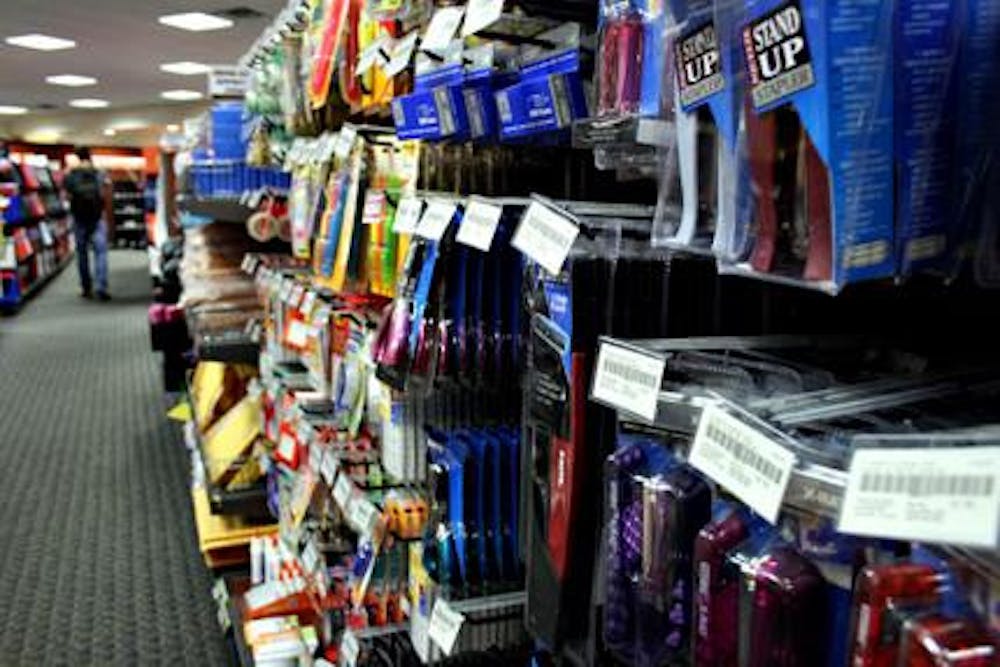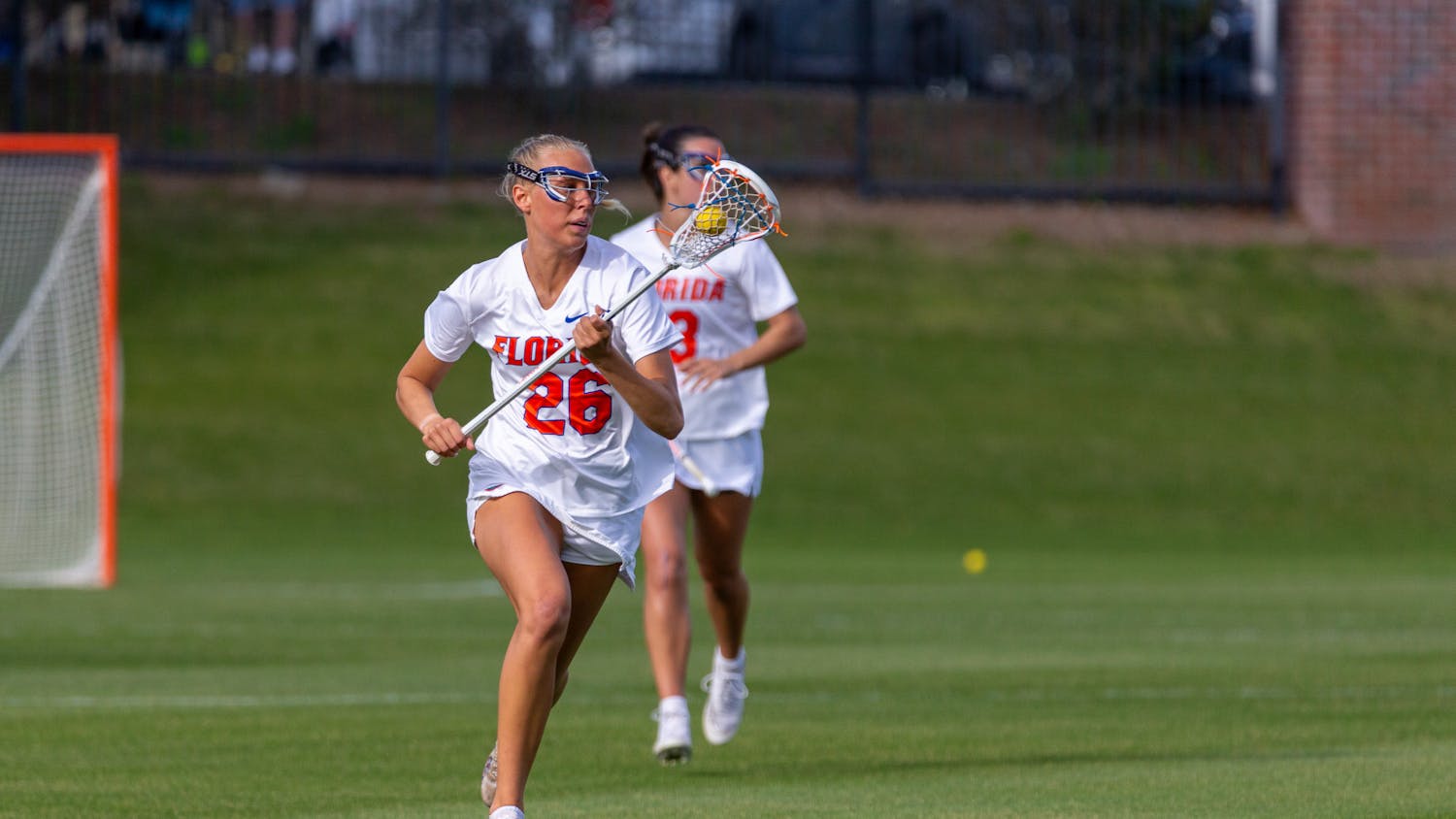With the national price of gas averaging $4.06 per gallon, college students may find themselves short on cash for their annual back-to-school shopping spree.
Back-to-college spending is expected to drop 7 percent this year, according to a National Retail Federation survey released Tuesday.
The survey found that the average college student will spend $599.38 - down from last year's average of $641.56 - on discretionary back-to-school items such as clothing and electronics. Money spent on textbooks was not included in the calculations because it is a non-discretionary purchase.
"Because gas prices are so high, college students have been affected substantially and will be focusing more on the necessities," said Ellen Davis, the federation's spokeswoman. "They're learning that when economy is struggling, they have to pull back on things."
Davis said the poor part-time job market has also given students less money to spend freely.
Many UF students said they have already started cutting back on unneeded items and focusing more on the bare essentials.
Dena Ditzel, a UF freshman, said the amount of money she spends on gas and food makes her trips to the Oaks Mall a lot less enjoyable.
"Nowadays, if I don't need it, I'm a lot less likely to buy it," Ditzel said.
Steven Kirn, executive education director of UF's Center for Retailing Education and Research, said he expects students to spend less money on expensive merchandise and more at discount stores this year.
According to the survey, 73 percent of consumers are expected to shop at discount retailers for their back-to-school merchandise. Kirn said shoppers could expect higher discounts and earlier markdowns as a result.
"People will really be shopping hard for the bargains, and retailers are going to have to respond," Kirn said.
Although college students will be cutting back substantially, Davis said parents with school-aged children are expected to spend almost 6 percent more on school supplies because parents are setting aside a portion of their tax rebates and making educational investments.
Because college students don't have the money to make such investments, many have resorted to cutting out shopping for new threads altogether.
"There's no use in going shopping anymore," said Charice Ductant, a UF psychology junior. "I'd rather spend my money on food and gas."
Curtis Piorun, a UF history junior, agreed.
"With the prices of gas so high, clothing has become optional," Piorun said.






